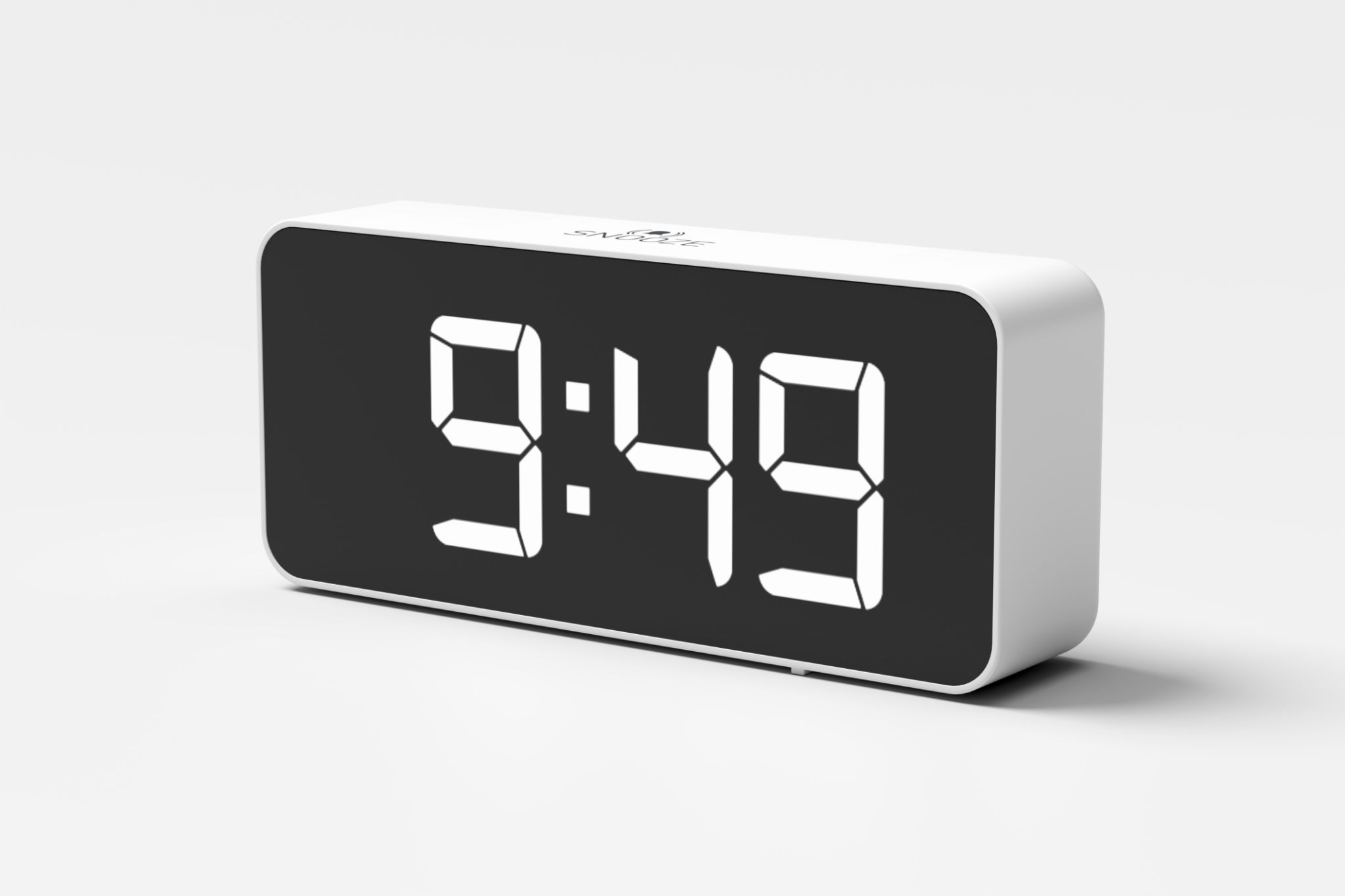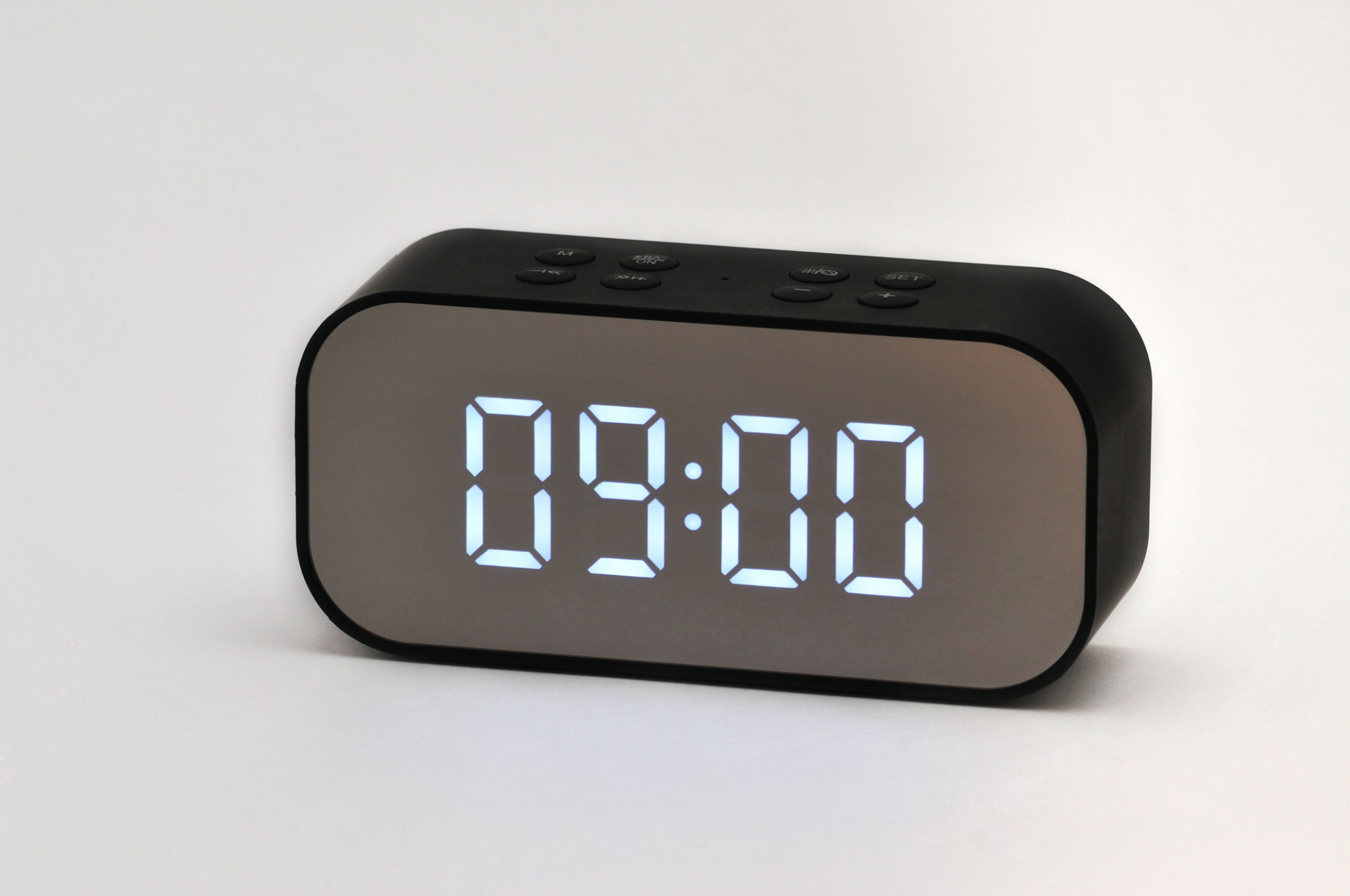Top 5 Myths About Digital Clocks: Debunking Common Misconceptions
Understanding Digital Clocks
Digital clocks have become an integral part of modern life, yet several myths still surround them. These misconceptions often stem from a lack of understanding about how digital clocks work or from assumptions based on outdated information. In this blog post, we'll debunk the top five myths about digital clocks and clarify the facts.

Myth 1: Digital Clocks Are Less Accurate Than Analog Clocks
One common myth is that digital clocks are inherently less accurate than their analog counterparts. In reality, the accuracy of a clock depends on its internal mechanism. Most digital clocks use quartz crystal oscillators, which are extremely precise. This means that a well-made digital clock can be just as accurate, if not more so, than an analog clock.
Myth 2: Digital Clocks Are More Prone to Power Outages
Another misconception is that digital clocks are unreliable during power outages. While it’s true that a standard digital clock will stop functioning if the power goes out, many modern digital clocks come with battery backup systems. These systems allow the clock to keep time even during an outage, ensuring that you won’t lose track of time.

Myth 3: Digital Clocks Are Harder to Read
Some people believe that digital clocks are harder to read than analog ones, particularly for children. However, digital clocks display the time in numbers, which can actually be easier to understand at a glance. For those who struggle with interpreting clock hands, a digital display provides a straightforward reading of the time.
Myth 4: Digital Clocks Lack Style and Versatility
There is a perception that digital clocks lack aesthetic appeal compared to traditional analog designs. However, digital clocks come in a wide range of styles and sizes, from minimalist designs to elaborate models with multiple functions. Many digital clocks also offer features like temperature displays and alarms, adding to their versatility.

Myth 5: Digital Clocks Contribute to Screen Fatigue
Lastly, some people worry that using digital clocks with bright LED displays can contribute to screen fatigue. While it's important to be mindful of screen use in general, most digital clocks emit minimal light and are designed for easy readability without straining the eyes. For those sensitive to light, options like dimmable displays or clocks with softer lighting are available.
In conclusion, digital clocks have evolved significantly and offer numerous benefits that make them a reliable choice for timekeeping. By debunking these myths, we hope to provide a clearer understanding of the advantages that modern digital clocks can bring to your daily life.